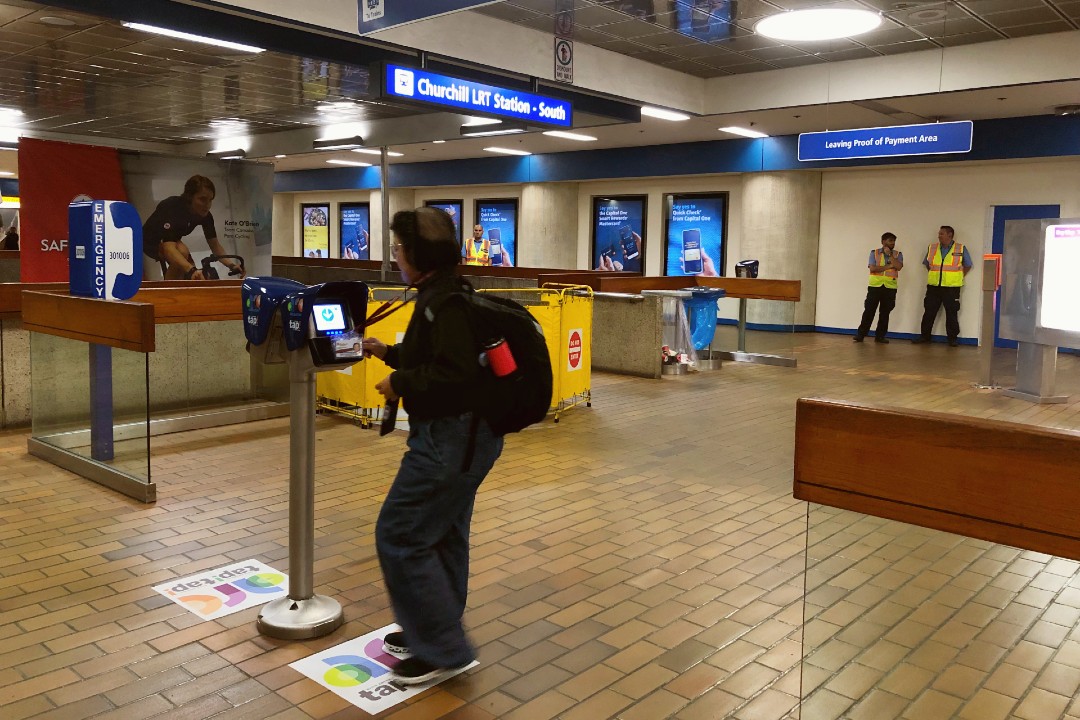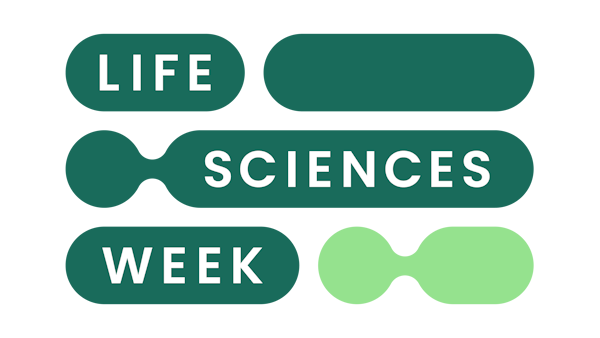
On the agenda: Transit fare gates, affordable housing, tax forgiveness
This week, councillors are set to attend committee meetings and discuss fare gates at select transit stations, grants for affordable housing, and the city's tax forgiveness policy.
There is a community and public services committee meeting scheduled for Sept. 16, an urban planning committee meeting scheduled for Sept. 17, and an executive committee meeting scheduled for Sept. 18.
Here are key items on this week's agenda:
- City staff have designed a two-year pilot program to test fare gates at the Churchill and Belvedere LRT stations. The pilot is aimed to address fare evasion, safety, and security concerns. The cost to install the fare gates — 30 per station — plus CCTV cameras is estimated at $4.2 million. The operating costs for the pilot are estimated to be $3 million. Administration said fare gates would require a staff member to be present during the 20 hours a day the LRT runs. The staff member would help riders navigate the gates, and let through riders who don't use an Arc card, such as children under 12 and riders with paper transfers. Administration said determining if the fare gates increase revenue will be difficult because those evading fares could use nearby stations. Anecdotal evidence from other cities with fare gates suggests they increase riders' perception of safety and fairness, administration said. Fare gates, especially if combined with simple and convenient payment options, can reduce fare evasion, but administration noted people can still climb over fare gates or "tailgate" behind other riders. If council wants to proceed with the pilot program, it will need to identify a funding source, as the pilot would cost more than it would generate in additional revenue, city staff said. Council had asked administration to recommend a way forward when requesting the pilot program, but administration didn't provide one in the report. The pilot is scheduled to be presented to council's urban planning committee on Sept. 17.
- Administration is asking council's executive committee to approve $19 million to fund seven projects that would lead to 275 new units of either affordable, supportive, or transitional housing, and 22 rehabilitated units. The units would be offered at various rental rates, ranging from rent-geared-to-income to 80% of market rents. The proposed developments, which are outlined in a report scheduled to be presented to council's executive committee on Sept. 18, are in Heritage Valley Town Centre, McCauley, Wîhkwêntôwin, downtown, Woodcroft, Parkdale, and Athlone. If the committee approves the funding, council will debate it at a future meeting.
- City staff recommends tightening its tax forgiveness policy so that fewer properties are eligible as part of the OP12 cost-saving exercise. Some properties, such as religious organizations, cancer treatment centres, private schools, arts organizations, and non-profit groups, are exempt from property taxes but the city still requires taxes while the building is under construction. Those organizations can apply to have those taxes forgiven, as the building will become tax-exempt upon completion. The city has forgiven $184,000 of taxes in such cases since 2020. Properties that will be tax-exempt after construction can have up to three years of their taxes forgiven, but administration suggests restricting that time period to one year. This change would have avoided about $73,000 in tax forgiveness per year since 2020. Administration also recommends restricting tax forgiveness to the principal amount, and not to any associated fines for nonpayment. This policy would have avoided about $15,000 in tax forgiveness since 2020, the city said. City staff suggest restricting what types of properties are eligible for tax forgiveness and capping the amount of taxes that can be forgiven. The options are scheduled to be presented at an executive committee meeting on Sept. 18.






